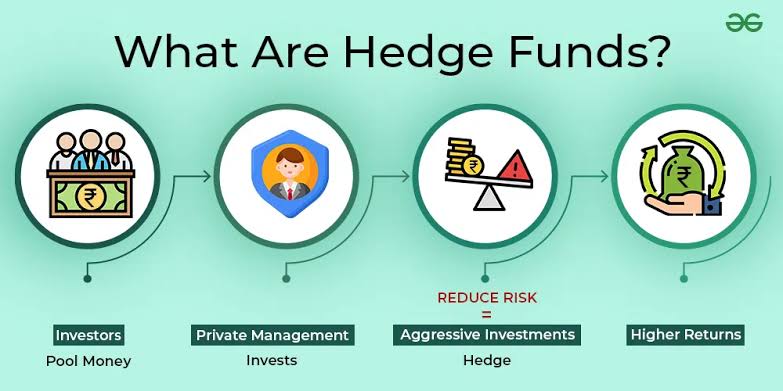Due to some recent high profile fraud cases within the hedge fund industry, many investors are seeking greater transparency from their investment managers. While many managers protect their proprietary trading programs, there is one sure fire way to address this issue.
Fund redemptions are nothing new. Every recession or bear market sees investors redeeming their fund investments and moving to asset classes which provide a greater degree of safety. For most, this is the Government Treasury Bill also called the T-Bill.
While reasons for redemptions are as varied as the investment selections themselves, it seems that individual investors are uncertain of their understanding of what their money has been invested in.
While mutual funds are marketed to the investor with a lower knowledge of investment products, the hedge fund has always been the investment choice for more knowledgeable investors or the “Accredited Investor”. But now it seems even this group is calling for the need of greater understanding from their investment managers.
The battle for returns which out perform the index has resulted in many Portfolio Managers refusing to disclose their trading program for fear others will duplicate their trading style.
It is said by many managers that it’s this ability to observe unique characteristics in the market place that differentiates their funds performance from the typical returns generated by bottom quartile performing funds and fund managers.
Of course the unregulated hedge fund industry has perpetuated this myth by trusting the Accredited Investor with an above average knowledge of the market and his ability to select the correct investment for their portfolio. It seems the Accredited Investors does not always posses greater knowledge than their more un-sophisticated mutual fund brethren.
So that bears the question of how to obtain this transparency to the satisfaction of the investing public? And the answer is the Managed Account. Managed Accounts are simply individual accounts opened in the name of the investor.
These accounts are not pooled, yet they are identically structured and managed by the hedge fund Portfolio Manager in the same style as the pooled fund. The critical difference is the investors ability to see every trading transaction performed in the account by the fund manager.
The popularity of the pooled investment structure is that investors do not have to deposit large sums of money to utilize the services of a professional Portfolio Manager. Most successful professional Portfolio Managers do not accept accounts less than US$10 million dollars.
The hedge fund and mutual fund gained popularity by allowing smaller sums of money to be pooled with other deposits from many other investors. So while you can currently participate in a hedge fund investment for $100,000 and a mutual fund for $50., a managed account may require a minimum investment in excess of $1 million. Not so good for everybody.
But lets suppose you can convince your hedge fund manager to accept your $100,000 what advantage do you gain.
- the investment account is actually in your name and not in the funds name;
- your account is segregated from all other trading accounts;
- instead of waiting for your monthly or quarterly statements, you can see the activity in your account on a daily basis in real time;
- cash deposits or withdrawals can be simplified;
- you have an overall increase of account transparency; and
- you can no longer claim you did not know what was going on in your account. (oops, is that a benefit?).
There are also some disadvantages. Or put another way, the pooled investment structure provides some distinct advantages which originally made them popular since the first hedge fund was created in 1949.
These funds should not be confused with the investment account managed by your stock broker. The professional Portfolio Manager will continue to exercise complete trading autonomy and does not want your advice on how to manage the assets in your account.
Advantages for remaining in a hedge fund or mutual fund:
- investors can obtain the services of a professional fund manager with smaller sums of money;
- management costs are cheaper since it is more economical to manage one large account instead of many smaller accounts;
- you pay one flat management fee, no commissions; and best of all
- you still have someone to blame if things go wrong.
It is estimated the hedge fund industry managed $2.7 trillion dollars by the end of 2008. The mutual fund industry manages $19 trillion investment dollars. So there is no question of the popularity of the industry since that first fund in 1949.
If transparency is an issue for you, you need to take a long, hard look and evaluate the pros and cons wisely. Take some time to speak with your fund manager about a managed account, it just might be the alternative you’ve been looking for.
I am known as Fredrick Biggs I am a writer and an industrialist by profession. My age is 30 years. My aim is to gather the attention of the targeted audience without being boring and unexciting.
I like to utilize the free time in writing my views and thoughts for my book lovers or readers. My most preferred articles are usually about services sector and business; however, I have written various topics in my articles. I do not have a specific genre.

